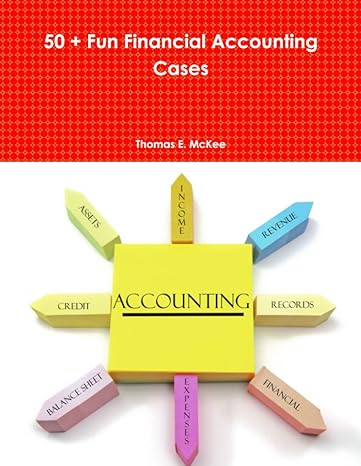Question
a. Robin, who is self-employed, contributes $6000/year into a Keogh account. How much will he have in the account after 30 years if the account
a. Robin, who is self-employed, contributes $6000/year into a Keogh account. How much will he have in the account after 30 years if the account earns interest at the rate of 8.5%/year compounded yearly? (Round your answer to the nearest cent.) $
b. The Pirerras are planning to go to Europe 3 years from now and have agreed to set aside $180/month for their trip. If they deposit this money at the end of each month into a savings account paying interest at the rate of 7%/year compounded monthly, how much money will be in their travel fund at the end of the third year? (Round your answer to the nearest cent.) $
c. Lauren plans to deposit $6000 into a bank account at the beginning of next month and $150/month into the same account at the end of that month and at the end of each subsequent month for the next 3 years. If her bank pays interest at a rate of 6%/year compounded monthly, how much will Lauren have in her account at the end of 3 years? (Assume she makes no withdrawals during the 3-year period. Round your answer to the nearest cent.) $
Step by Step Solution
There are 3 Steps involved in it
Step: 1

Get Instant Access to Expert-Tailored Solutions
See step-by-step solutions with expert insights and AI powered tools for academic success
Step: 2

Step: 3

Ace Your Homework with AI
Get the answers you need in no time with our AI-driven, step-by-step assistance
Get Started


